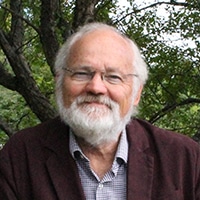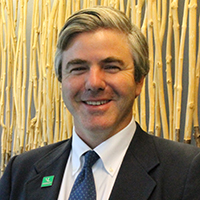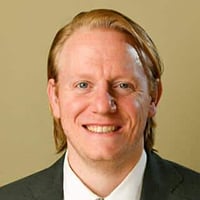Below is a selection of recent news highlights featuring members of Vermont Law and Graduate School’s faculty and staff.

ChatGPT is the New WebMD
January 7, 2026
Business Insider
As generative AI use becomes more prevalent, experts caution against too much reliance, especially for medical or legal purposes. Beth McCormack, dean of the law school, is quoted about the risks of volunteering too much personal or specific information to chatbots within the context of legal advice.

Red-State Republicans Seek Climate ‘Liability Shield’ for Fossil Fuel Industry
January 13, 2026
The Guardian
Lawmakers in Oklahoma and Utah are eager to prevent their states’ inclusion in U.S. climate accountability litigation. Pat Parenteau, emeritus professor of law, weighs in.

Legal Battle Over Title IX the Focus of Fed’s CVSD Investigation
January 15, 2026
WCAX
A federal civil rights investigation into Vermont’s Champlain Valley School District over Title IX protections extended to transgender students was launched earlier this month. Jared Carter JD’09, professor of law, comments.

What Legal Rights Do You Have in Encounters with ICE?
January 22, 2026
Politifact
Rod Smolla, professor of law, comments on several Supreme Court rulings pertaining to the actions of Immigration and Customs Enforcement (ICE) agents.

MAHA, RFK Jr., and the Future of Animal Law: Third Conversation with Delcianna Winders
January 28, 2026
Animal Politics with Ed Boks
Delcianna Winders, director of the Animal Law and Policy Institute, is interviewed regarding MAHA and its expected impacts on animal testing and industrial animal agriculture.

Protecting Data, Protecting People
January 29, 2026
Vermont Viewpoint
Christopher Worth, visiting assistant professor and immigration attorney with the Center for Justice Reform Clinic, joins Vermont Viewpoint to discuss the legal realities of immigration policy.

Community Rallies for Longtime Somali Taxi Driver Detained By ICE
January 30, 2026
VTDigger
Hussien Noor Hussien, a long-term Somali resident of Vermont, was detained by federal immigration officers while driving his taxi at the Burlington International Airport on New Year’s Day. Brett Stokes, director of the Center for Justice Reform Clinic, represents Hussien.